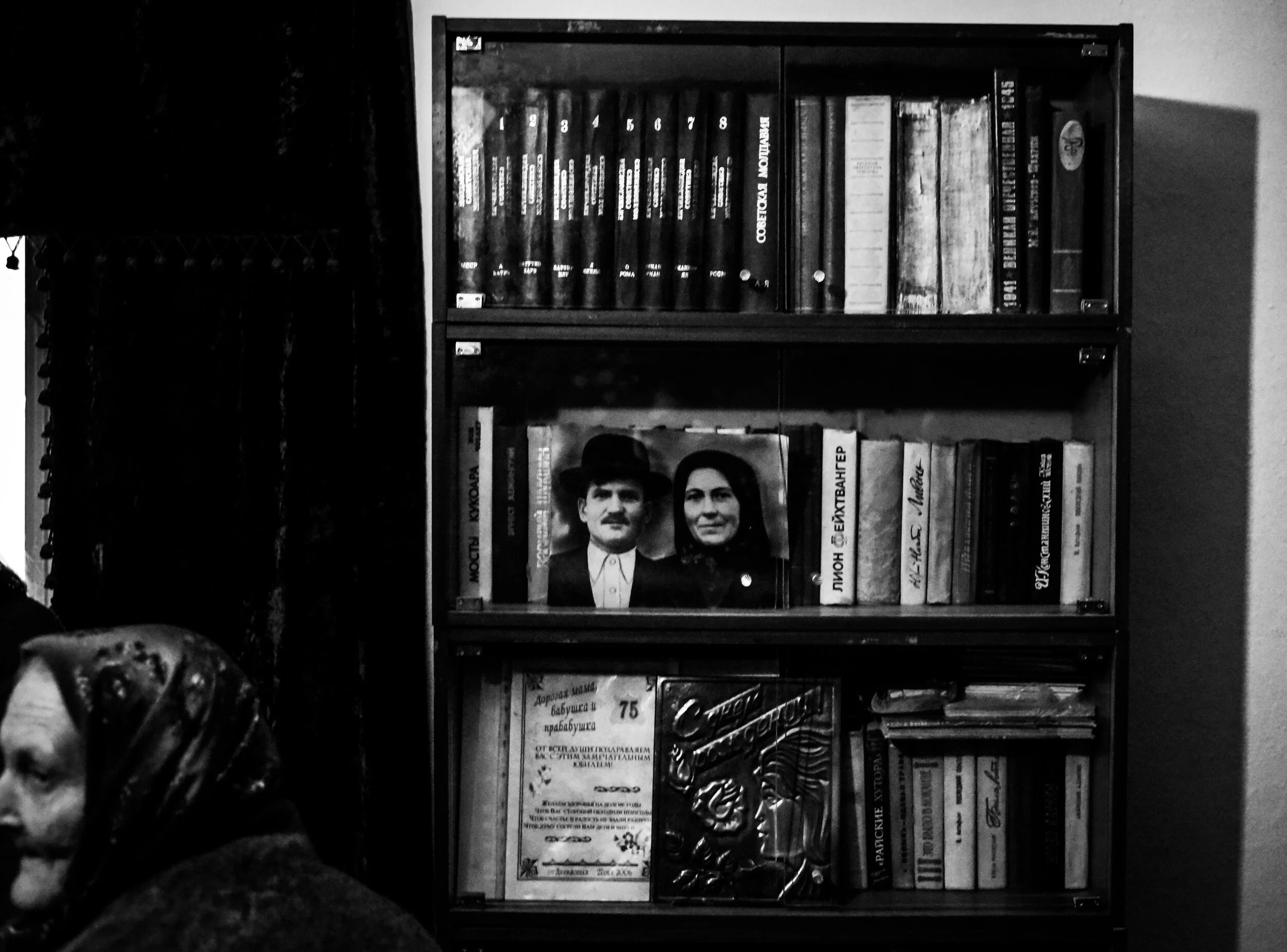
A Review of Petar Andonovski’s Fear of Barbarians (2022, Parthian Books)
Reviewed by Cory Oldweiler
Oksana is a foreigner; Penelope a local. Both are told the other is a potential threat, but the two women are in fact fighting the same oppressor: a patriarchy that sees women as little more than servants and every bit as inscrutable—and potentially dangerous—as “the barbarians.”
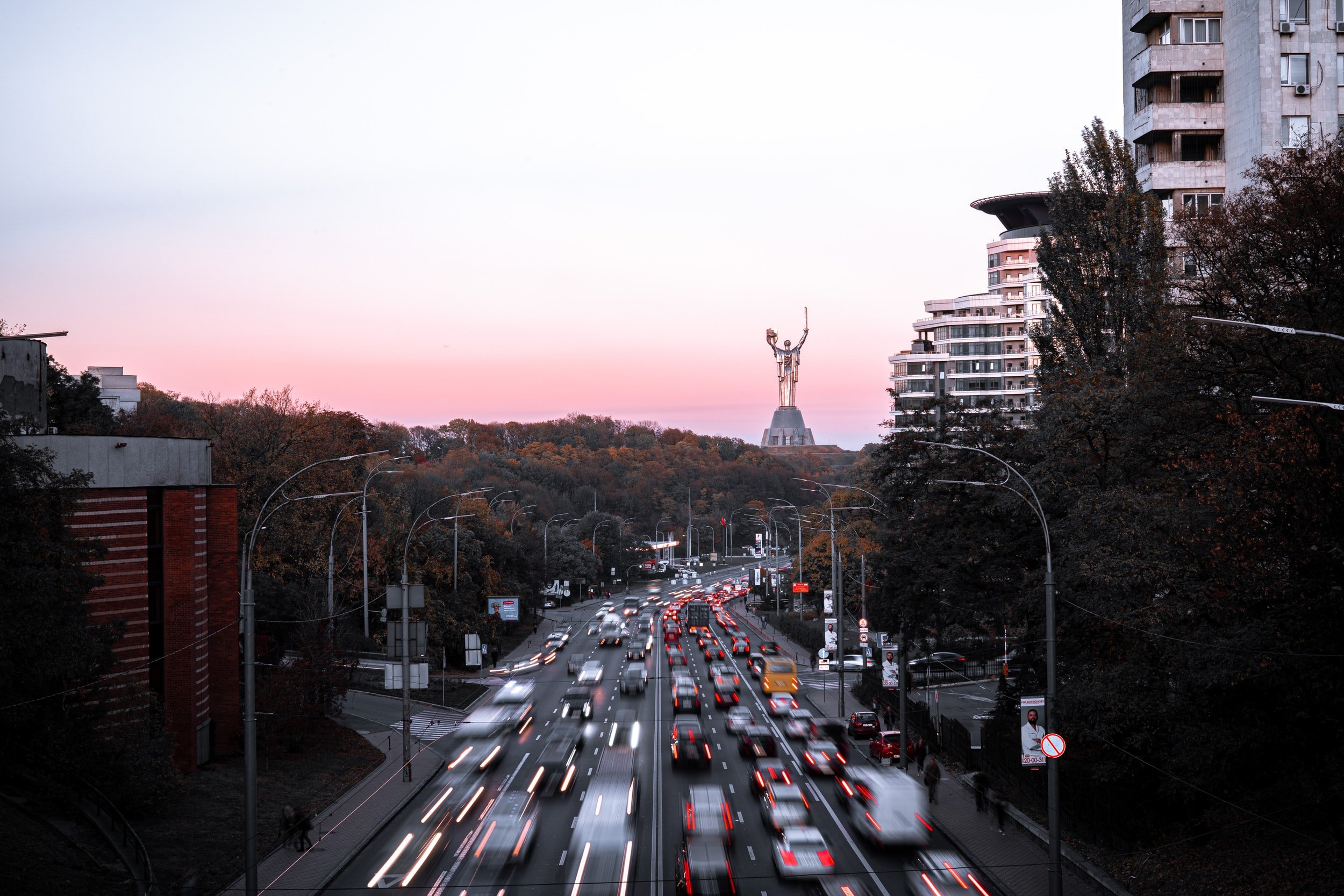

"if I am not being killed..."
by Iryna Shuvalova
translated from the Ukrainian by Virlana Tkacz and Wanda Phipps
if I am not being killed
do I have the right
to talk with those who are being killed
as an equal
do I have the right to hurt
if I’m not wounded

"Well, Anyway..."
by Kateryna Babkina
Translated from the Ukrainian by Dominique Hoffman
When Dima’s mother called to ask Lesya and the girls to sort through his things, they went over right away. Of course, that was after the funeral was over and she was able to call anyone to say anything at all. Dima’s mother didn’t say much and, for some reason, referred to him exclusively as Staff Sergeant of the 93rd Mechanized Brigade.

“Ukrainians know the Russian liberal ends where Ukraine begins”: An Interview with Bohdana Neborak
Interviewed by Kate Tsurkan
I don’t understand how anyone can willingly involve themselves with Russian culture until the last Russian soldier’s boots leave Ukraine and Russia takes responsibility for what it has done. When people refuse to cooperate with Russians because of their awareness of the atrocities committed by Russia, it is not russophobia, but rather an attempt to preserve their own system of values.

It's Time for Ukraine to Speak
by Kateryna Iakovlenko
Ukraine is often referred to as part of Central-Eastern Europe, Eastern Europe, a post-Soviet country, and in conversations with my colleagues from Belgium, it has been called part of Eurasia. But none of these terms concisely reflect the interests and positions of the country's society, which in recent years has manifested in its unwillingness to submit to tyranny.

Phoenix from the Ashes
by Markiyan Prokhasko
Translated from the Ukrainian by Uilleam Blacker
When the invasion began on 24 February 2022, I was struck by how angry the Russians were when they saw the asphalted roads in our northern villages. And once again I understood that, because they are unable to live like others, they want others to live like them.
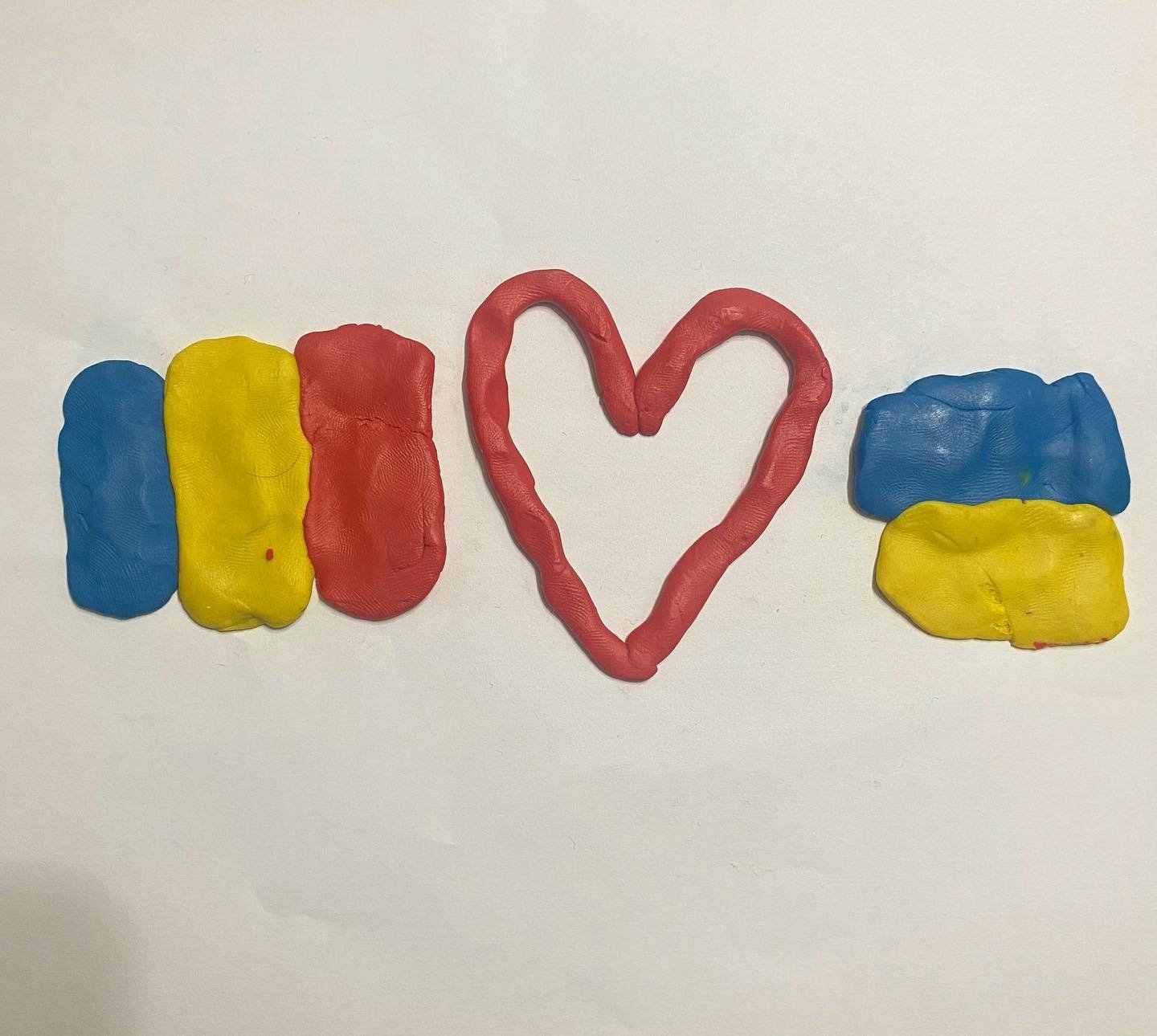
A small country with a big heart
by Paula Erizanu
Since Russia's full scale invasion of Ukraine, more than 370,000 Ukrainians have crossed the Moldovan border. About 100,000 Ukrainian refugees have decided to stay in the small country, half of them children, increasing Moldova's population by 4%. Relative to its size, Moldova has by far the highest refugee per capita in Europe.

THIS IS WAR
by Justina Dobush
Translated from the Ukrainian by Kate Tsurkan
I can’t even cry, because every fiber of my being is prepared for the worst 24/7. I decided to just forget that normal life is carrying on elsewhere. I do not allow myself to think that maybe soon it will all end, and I certainly do not believe that someday my life can continue the same as before.
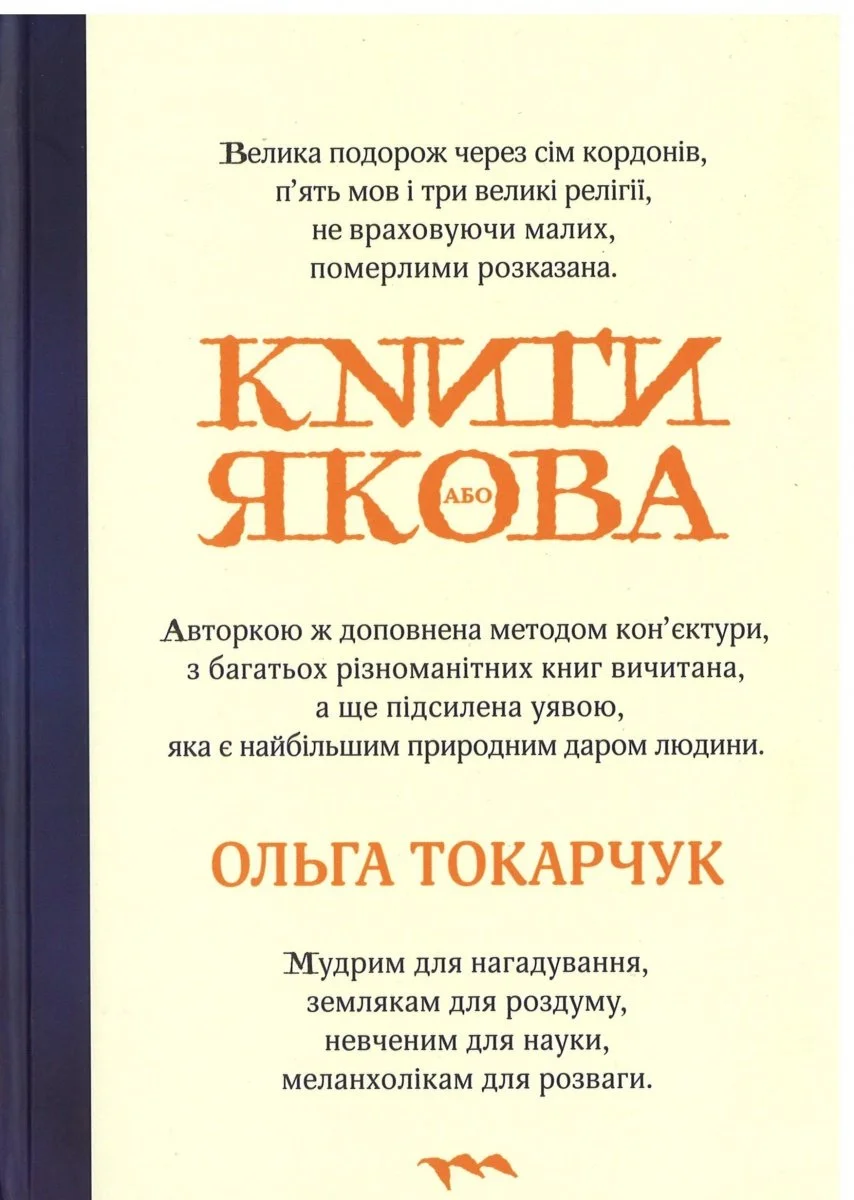
Reading The Books of Jacob As A Ukrainian
by Maria Genkin
Ukrainians living in the Polish Commonwealth were known at the time as Ruthenians. Suppose you know this and follow a description of Tokarczuk’s characters carefully. In that case, you discover that the Polish Commonwealth was populated not only by Jews and Poles, but by these mysterious others–Ruthenians, who are both commoners (peasants) and gentry.

“I am very skeptical about the impact of art on the masses”: An Interview with Artem Chekh
Interviewed by Kate Tsurkan
When a person unfamiliar with the war comes along and says, “Now I will show you the whole truth”, most people for whom this wound is unhealed perceive such “truth” as an assault on their wound with dirty surgical instruments.

Gonzo Meets the Nouvelle Vague: A Review of Ivan Boris’ My Week Without Gerard (2021, Morbid Books)
Reviewed by Kate Tsurkan
Langway is the perfect hero to lead us on this phantasmagoric journey of spiritual degradation: vulgar and resentful of those who embrace this contrived and insincere world. And why shouldn’t he be?

Two Lines
by Roman Malynovsky
Translated from the Ukrainian by Mykyta Moskaliuk
Once I asked my father about the story behind this tattoo. He told me that after serving in the Soviet army (which stripped young men of their identity as if they had never existed) he decided to get his name—Gena—tattooed on his hand, so as never to ever forget that he was not just a private or a sergeant but an actual person.

"We won't be erased from the literary map of the world": An Interview with Serhiy Zhadan
Interviewed by Liliia Shutiak
As a person of agnostic beliefs who respects different denominations—not just Christianity—it seems to me that the presence of the church in a post-totalitarian society like ours, which is just trying to cope with freedom and subjectivity, and does not always cope, is very important.

The Heavy Burden of Survivor’s Guilt: A Review of Alena Mornštajnová’s Hana (2020, Parthian Books)
Reviewed by Anna West
Mornštajnová shows how two tragedies, separated by a decade, can produce the same psychological effects in both individuals. Despite both Mira and Hana experiencing survivor’s guilt, they end up being the key to the other person’s healing.

To See The Old World Into The Grave: A Review of Martin Vopenka’s My Brother the Messiah (2021, Barbican Press)
Reviewed by Kate Tsurkan
The followers of Eli are met with fear and resentment even after his death—after all, Eli predicted a world in which children will no longer be born. His mission, as he informed his older brother Marek, was “to see the old world into the grave”.
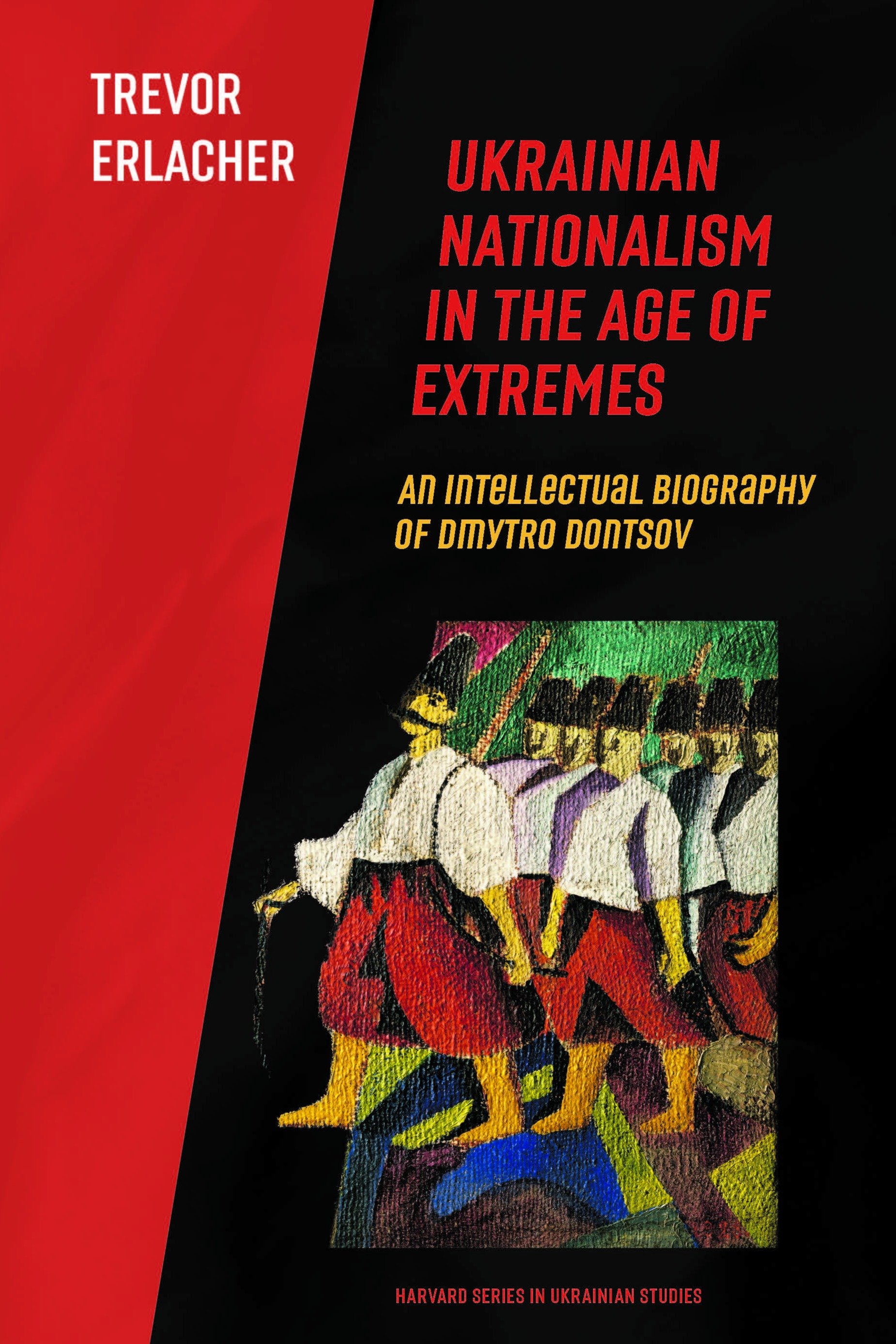
The Conflicting Life of Dmytro Dontsov: A Review of Trevor Erlacher’s Ukrainian Nationalism in the Age of Extremes ( 2021, Harvard University Press)
Reviewed by Maria Genkin
Dontsov’s version of Marxism was always a bit heretical, but he came to view the Russian interpretation of it as imperialistic, and all Russians, in turn, as imperialists, regardless of their professed political values. His interpretation of Marxism, notes Erlacher, contained the seeds of its own destructive fascism.

The Sins of Living Ghosts: A Review of Aleksandar Tišma's Kapo (2021, NYRB)
Reviewed by David Auerbach
Like Aharon Appelfeld’s works, Tišma captures the half-living experience of a survivor and the guilt that accompanies it, but Tišma abandons the hints of dignity Appelfeld affords his characters—he abandons the very idea of dignity.

The Strange Sincerity of Desolation: A Review of Ion Cristofor’s Somewhere a Blind Child (2021, Naked Eye Publishing)
Reviewed by Isaac Stackhouse Wheeler
The poet belongs to Romania’s “80s generation” who experienced the darkest days of the Ceaușescu regime, when the people faced political repression and economic privations that were extreme even by the standards of the communist world.

"We Are A Society Of Taboos": An Interview with Roman Malynovsky
Interviewed by Kate Tsurkan
Translations develop a language and keep it current. When a Ukrainian translator searches for the equivalent of a word from English or Chinese, they can push the language in a new direction. That’s very important.
